Yerevan /Mediamax/. US President Donald Trump has appointed a new National Security Adviser - former Under Secretary of State, former US Ambassador to UN John Bolton, who is the third person to take that position in Trump administration.
John Bolton is one of the most famous neoconservatives in America and is considered among main “architects” of the Iraq war of 2003. Bolton also frequently voiced harsh criticism towards Iran and Russia.
Mediamax archives contain just one mention of John Bolton’s contacts with Armenian officials.
In September 2003, New York, Bolton met with Armenian Foreign Minister Vardan Oskanyan. During the meeting, held in the framework of the UN General Assembly, Oskanyan and Bolton discussed issues related to non-proliferation of weapons and the International Criminal Court.
In 2011, retired John Bolton remarked that USA should review the approach to Azerbaijan and provide the country more support because of Russia’s intent to restore its positions in the region.
He also noted that the United States had to pay closer attention to the settlement of the Nagorno-Karabakh conflict.
It is worth reminding that in April 2017, Brookings Institution Senior Research Fellow Fiona Hill took the position of Special Assistant to the U.S. President and Senior Director for Europe and Russia at the National Security Council.
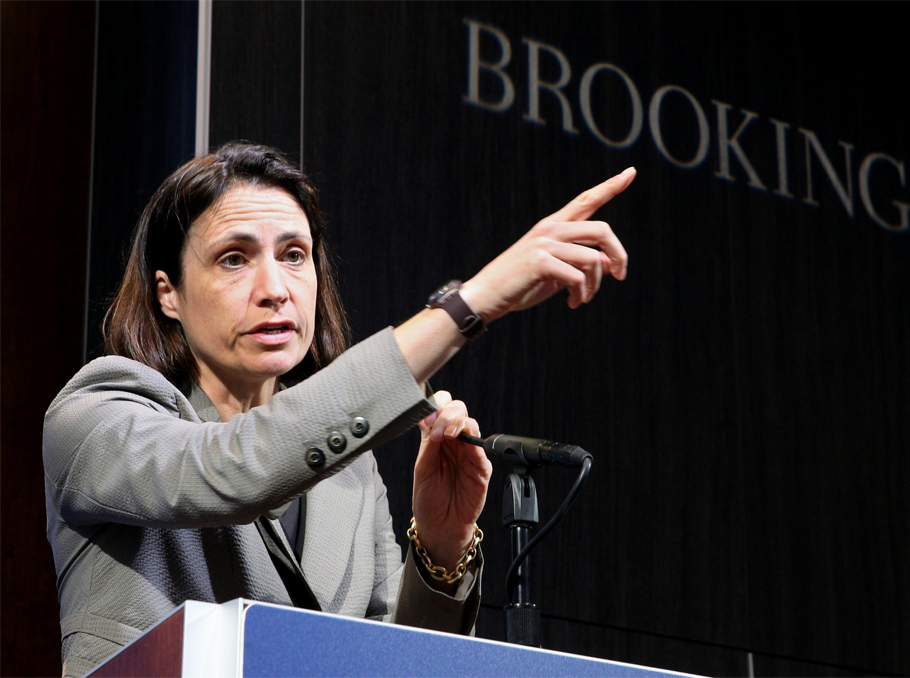 Fiona Hill
Fiona HillPhoto: http://russiancouncil.ru
Fiona Hill is one of the few American experts who are well-informed about the South Caucasus and the Karabakh conflict.
In November 2004, Hill stated that the South Caucasus did not have a common agenda that could contribute to the joint development of the region’s countries.
“All the regional players in the Caucasus lead their own game. It is very interesting to compare the Caucasus with the Baltic countries where the same discussions have been held or are still held as in the Caucasus - about the integration to Europe, cooperation with NATO, etc. The Baltic countries have successfully solved these issues because they acted jointly. There is no common agenda which could contribute to the joint development of the region’s countries. The key issue is the absence of cooperation between them. I am not sure that Georgia will be able to play the role of a “bridge” linking all the countries of the region, as Armenia and Azerbaijan negatively assess Georgia’s role. Today we observe rivalry between the three republics and it takes place not only within the region but also in Paris, London, Moscow and Washington,” she said in the interview to Washington ProFile.
In October 2010, Fiona Hill stated that “the NK conflict cannot be considered frozen any longer”.
“It becomes evident that the number of shots fired and casualties on the Line of Contact is growing, and Azerbaijan is actively preparing to a new war. Extension of the agreement on stationing a Russian military base in Armenia could be a deterrent in some measure, but the Russian President is visiting Baku and arming the other party of the conflict parallel with that, which only increases the possibility of a new war,” Hill said in the interview to Armenian service of Voice of America.
It is worth mentioning that in June 2015 Fiona Hill and two co-authors published an article titled “Confidence Games: Azerbaijan, the European Olympics, and the West”, which analyzed the reasons of a cooling in relations between Baku and Western partners.
In particular, the article stated that “for Azerbaijan, the West’s forceful response and sanctions against Moscow after its annexation of Crimea stands in sharp contrast to the muted international reactions to the decades-long occupation by Armenian-backed forces of nearly one-fifth of Azerbaijan’s territory”.
The authors of that article noted that “incremental measures towards resolving the Nagorno-Karabakh conflict should be developed and backed by real incentives that boost the benefits of peace for both sides” in order to restore trust between Azerbaijan and the West.
“The West should also revive its support for Azerbaijan’s independence and territorial integrity, but be realistic about the limits of its leverage and careful not to over promise,” observed Fiona Hill and her co-authors.









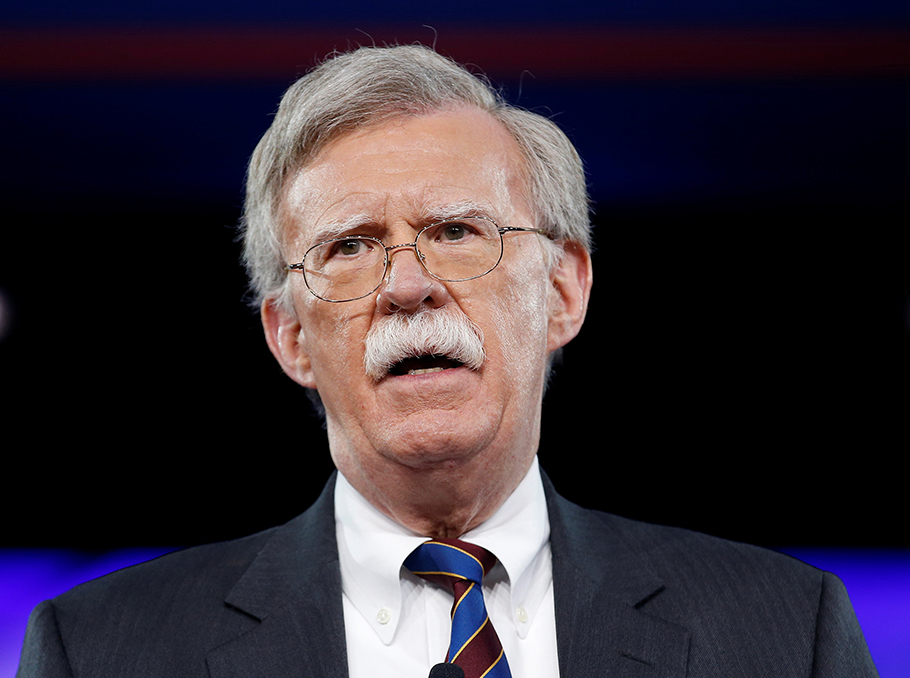

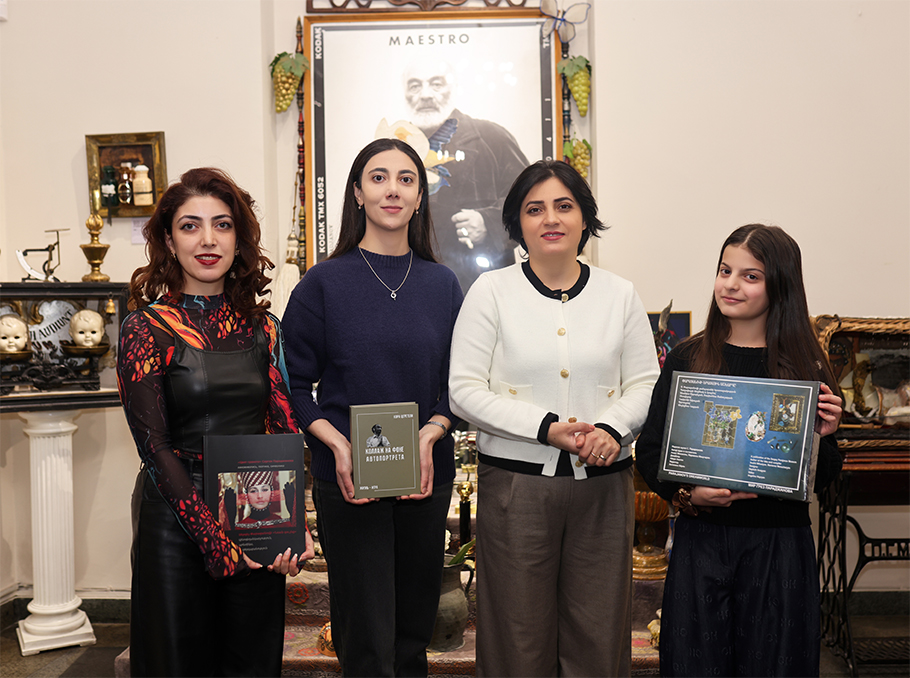
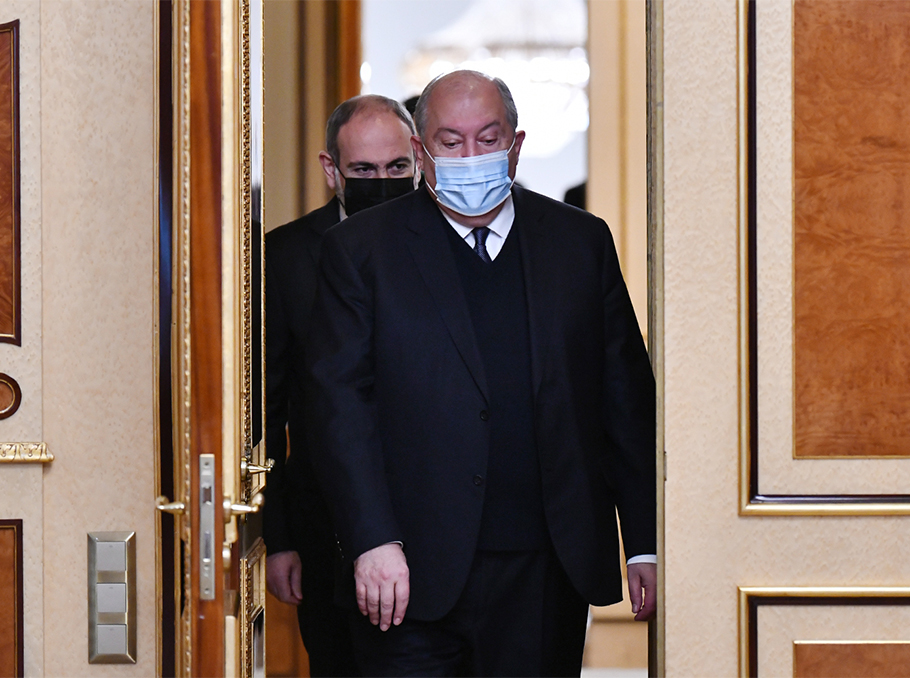
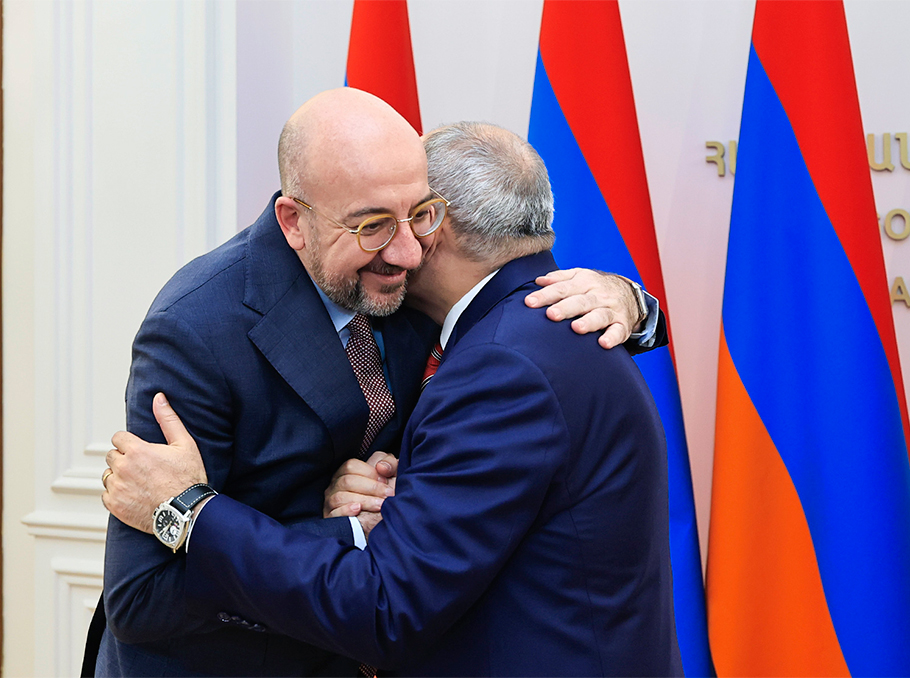






Comments
Dear visitors, You can place your opinion on the material using your Facebook account. Please, be polite and follow our simple rules: you are not allowed to make off - topic comments, place advertisements, use abusive and filthy language. The editorial staff reserves the right to moderate and delete comments in case of breach of the rules.